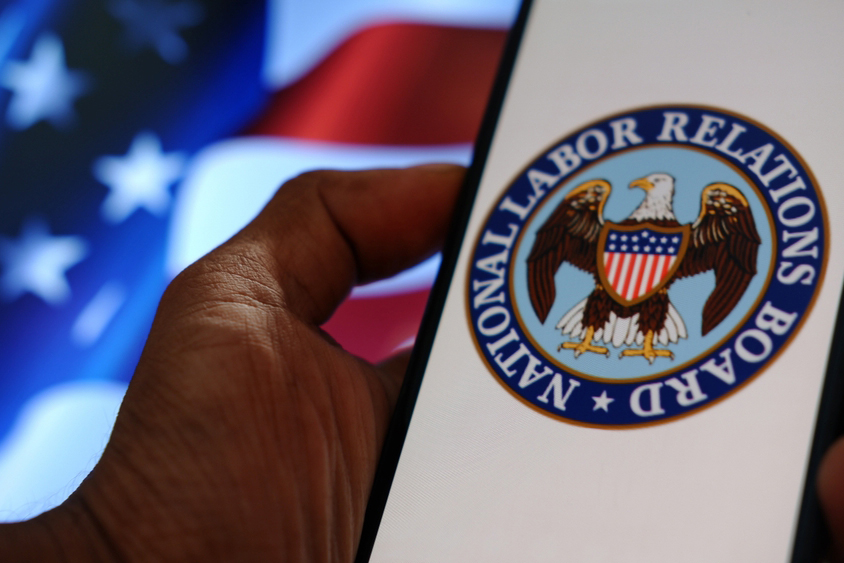The National Labor Relations Board (NLRB) has made a series of pro-employee moves over the past few months that have significant adverse implications for employers. To recap, the NRLB’s recent actions have included:
- Invalidating most confidentiality and non-disparagement provisions in employment agreements;
- Asserting the position that most noncompete agreements are illegal; and
- Imposing stricter scrutiny on workplace rules in general.
A Closer Look at the Recent NRLB Actions
In February 2023, the NLRB ruled that the National Labor Relations Act (NLRA) prohibits confidentiality and non-disparagement provisions in severance agreements when such provisions limit an employee’s ability to discuss the agreement with coworkers or communicate about their employment.
That decision reversed NLRB precedent and broadly limits two key tools employers frequently use in severance agreements. Employers now will have to be extremely careful to tailor any confidentiality and non-disparagement provisions narrowly.
Then, in May, the NLRB’s General Counsel issued an enforcement memorandum asserting that noncompete agreements with employees violate the NLRA when they “could reasonably be construed by employees to deny them the ability to quit or change jobs by cutting off their access to other employment opportunities that they are qualified for.”
Although nonbinding, the memorandum followed on the heels of a rule proposed by the Federal Trade Commission (FTC) that would ban the vast majority of noncompetes. That rule has yet to be finalized and is reportedly delayed until at least next year. Nevertheless, the NLRB’s memorandum notifies employers of its intent to target noncompetes.
Three months later, in August, the NLRB reverted to an old rule creating a rebuttable presumption that workplace rules such as those found in employment handbooks are unlawful if they have a reasonable tendency to chill employees from exercising their right to engage in “concerted activity.” To rebut the presumption, employers must show the workplace rule is narrowly tailored to advance legitimate and substantial business interests—a high standard.
Employers must now carefully review handbooks and other policies and rules.
Collectively, the NLRB’s actions establish its intent to adopt employee-friendly positions generally. It’s virtually certain the Board will continue to implement and perhaps even ratchet up this approach in its future regulatory and enforcement initiatives.
What Does This Mean for Employers?
You need to reexamine your policies and agreements in light of the NLRB’s actions and other indications that the federal government’s pendulum is swinging away from employer-friendly policies.
The days of cutting and pasting boilerplate confidentiality and nondisparagement language into severance agreements and using the same noncompete for every new hire are over. You need to consider why confidentiality and noncompetes are essential for each employee.
Does the employee have access to trade secrets? Will they be instrumental in developing and implementing the company’s growth plan?
Eventually, possibly with a new administration, the pendulum will likely swing back. But you can’t assume you can wait it out. Prompt and decisive attention is necessary now.
Jonathan Sterling and Brendan Gooley are attorneys with Carlton Fields in Hartford, Connecticut. You can reach them at jsterling@carltonfields.com and bgooley@carltonfields.com.

